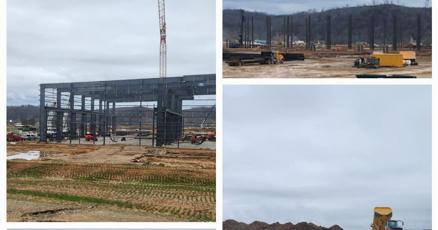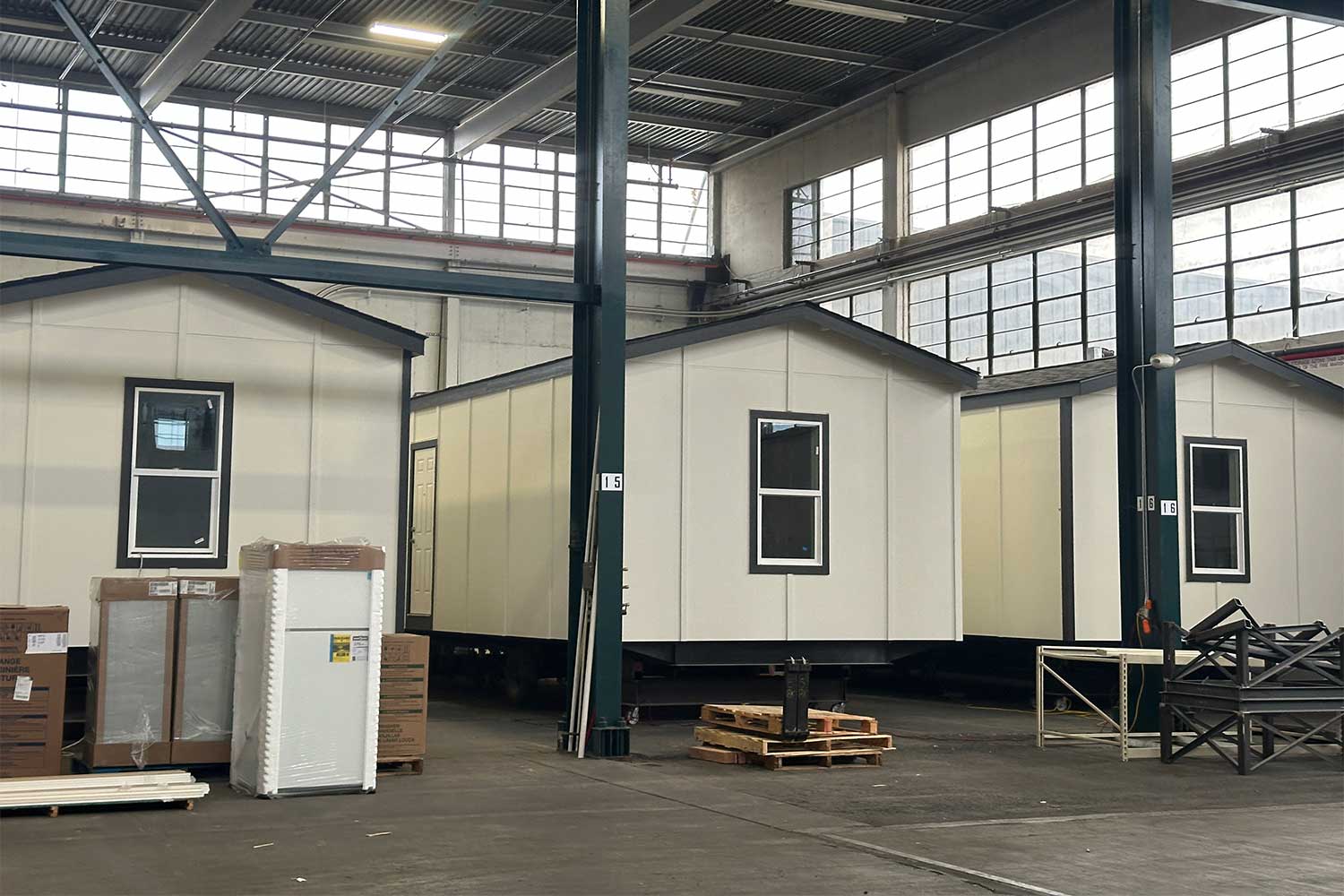From Rust Belt to Innovation Hub: How West Virginia's Manufacturing Sector Is Defying Expectations
Manufacturing
2025-03-31 04:00:00Content

Nestled in the heart of Appalachia, West Virginia has long been synonymous with energy production, forging its economic identity through the robust extraction of coal, oil, and natural gas. For generations, the state's rugged landscape has been both a backdrop and a resource for powering America's industrial might, with its rich mineral deposits serving as the lifeblood of local communities and national energy infrastructure.
From the deep, dark coal seams of the Appalachian Mountains to the sprawling natural gas fields that dot its terrain, West Virginia has been a critical player in the United States' energy landscape. The state's miners and energy workers have not just extracted resources, but have crafted a legacy of resilience, hard work, and economic contribution that has shaped the region's character and national energy strategy.
Today, as the energy sector evolves, West Virginia continues to adapt, balancing its traditional fossil fuel industries with emerging technologies and sustainable practices, demonstrating the state's enduring commitment to energy production and economic innovation.
Energy Evolution: West Virginia's Transformative Journey Beyond Traditional Fossil Fuels
In the heart of Appalachia, West Virginia stands at a critical crossroads, where its rich energy heritage intersects with emerging sustainable technologies and economic reinvention. The state's long-standing relationship with fossil fuel industries has shaped its economic landscape, cultural identity, and environmental challenges, presenting a complex narrative of adaptation and resilience.Powering Tomorrow: A State on the Brink of Renewable Revolution
Historical Energy Foundations
West Virginia's geological composition has been a blessing and curse, simultaneously providing immense fossil fuel resources while constraining economic diversification. For generations, coal mining dominated the state's economic ecosystem, creating robust employment networks and establishing a powerful industrial infrastructure. The mountainous terrain, rich in mineral deposits, transformed small communities into bustling industrial centers, with entire regional economies built around extractive industries. The state's geological wealth extended far beyond coal, encompassing significant natural gas and oil reserves. These resources positioned West Virginia as a critical energy production hub, contributing substantially to national energy portfolios. However, this economic model increasingly faced environmental scrutiny and technological disruption.Economic Transformation and Challenges
The traditional energy sector's decline has forced West Virginia to confront profound economic restructuring. Automation, global market shifts, and environmental regulations have dramatically reduced coal employment, compelling communities to reimagine economic strategies. This transition represents more than an industrial shift; it's a fundamental societal transformation challenging generational work patterns and regional identities. Emerging renewable energy sectors present promising alternatives. Solar and wind energy installations are gradually populating former mining landscapes, symbolizing a nuanced approach to economic regeneration. These developments offer not just energy production but potential job creation in technological and maintenance domains.Technological Innovation and Infrastructure
West Virginia's energy transition involves sophisticated technological investments. Advanced natural gas extraction techniques, coupled with emerging carbon capture technologies, demonstrate the state's commitment to balancing environmental sustainability with economic pragmatism. Universities and research institutions are playing crucial roles, developing cutting-edge solutions that could position the state as an innovation leader. The infrastructure transformation extends beyond energy production. Smart grid technologies, energy storage solutions, and distributed generation models are reshaping how electricity is produced, transmitted, and consumed. These innovations represent a comprehensive reimagining of energy ecosystems, with West Virginia potentially emerging as a model for responsible industrial adaptation.Environmental and Social Implications
The state's energy evolution carries profound environmental and social dimensions. Reclamation projects are transforming abandoned mining sites into ecological restoration zones, demonstrating a commitment to environmental healing. Community engagement programs are helping workforce transitions, providing training and support for workers moving from traditional fossil fuel roles to emerging green technology sectors. These efforts represent more than economic strategies; they embody a broader narrative of resilience, adaptation, and hope. West Virginia is not merely responding to industrial changes but actively shaping a more sustainable, diversified future.Policy and Investment Landscape
Strategic policy frameworks and targeted investments are critical to West Virginia's energy transformation. State and federal incentives are encouraging renewable energy development, creating financial mechanisms that support technological innovation and infrastructure development. Public-private partnerships are emerging as powerful tools for coordinating complex transition strategies. Investment attraction requires sophisticated approaches, balancing economic incentives with long-term sustainability goals. West Virginia is positioning itself as an attractive destination for forward-thinking energy companies seeking innovative environments and supportive regulatory frameworks.RELATED NEWS
Manufacturing

Green Revolution: Eco Guardian Set to Transform Ontario's Packaging Landscape
2025-02-25 14:30:00
Manufacturing

Gears of Opportunity: Local Students Dive into Manufacturing Careers at Quinnipiac's Innovation Showcase
2025-04-02 16:26:44
Manufacturing

Kimberly-Clark's Bold $2B Bet: Supercharging Production for Future Growth
2025-05-02 14:25:03





